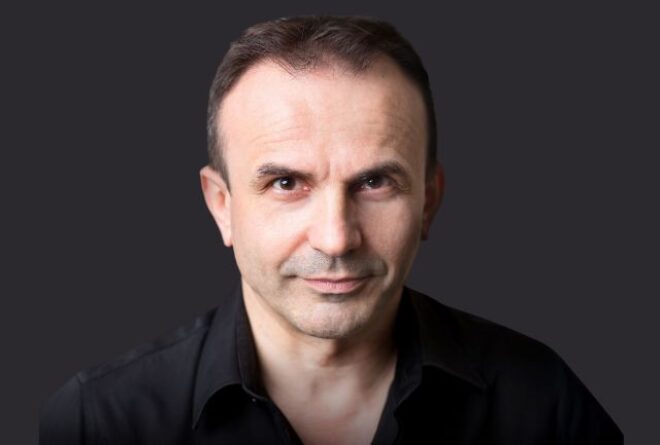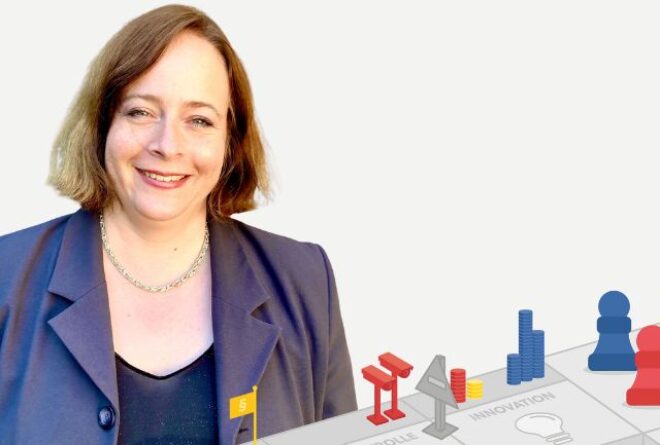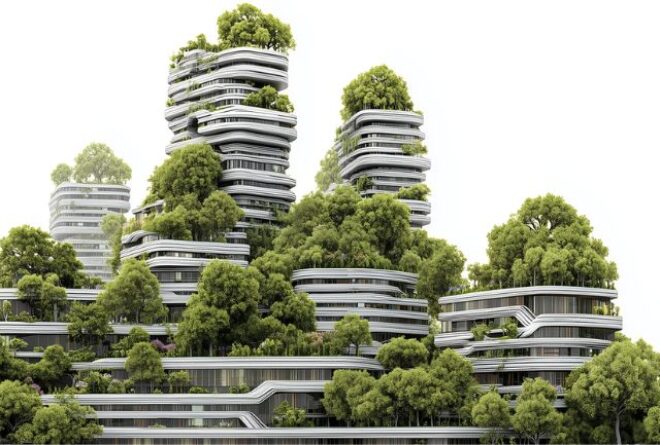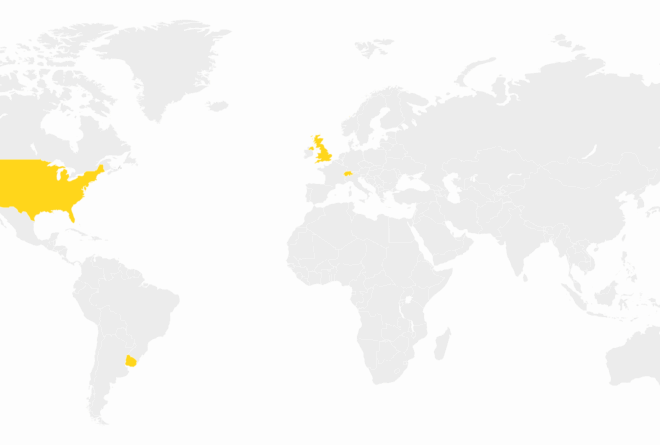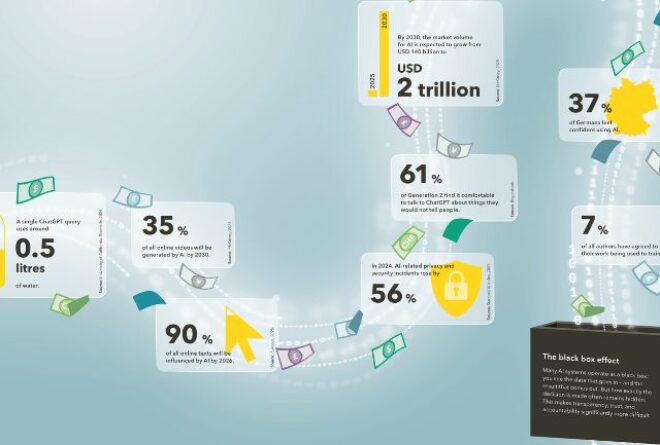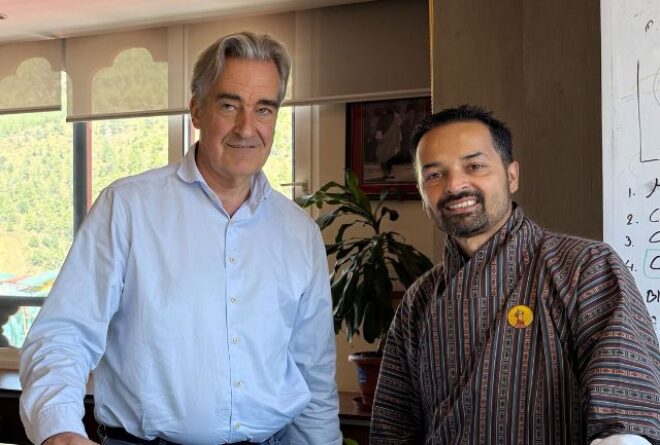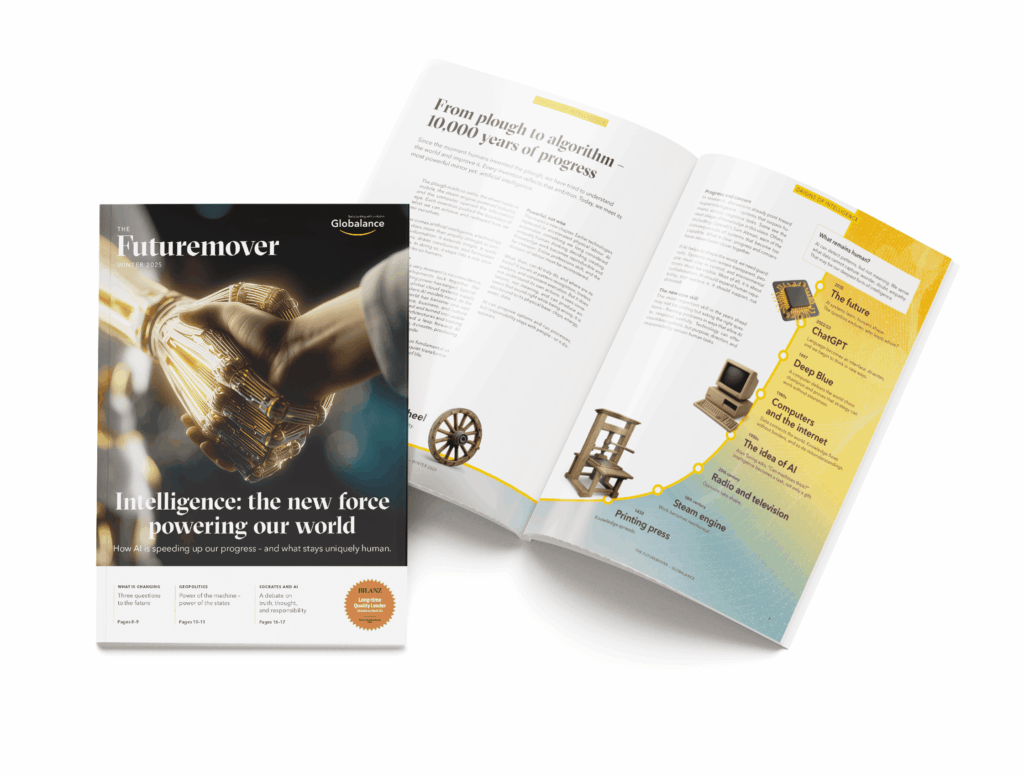News & Trends
“We Make Natural Chocolate, Not Lab Chocolate”
A modern lab on the shores of Lake Zurich instead of a plantation overseas: In our interview, Christian Staub, CEO of Food Brewer, explains how his start-up is revolutionizing the production of cocoa and coffee using cell cultures.
Christian Staub, why did you found Food Brewer?
During my career as a management consultant, I focused heavily on protein production for the pharmaceutical industry. That’s when I recognized a fundamental problem: precision fermentation, the method used to produce these proteins, is complex and expensive. It would be more cost-effective to derive cells directly from nature — for example, from plants. At the time, there were scientific attempts to cultivate cocoa cells, but the technology hadn’t yet been commercialized. So, I founded Food Brewer.
Why do we need lab-grown cocoa or coffee?
Cocoa and coffee are particularly attractive candidates for alternative production methods because growing them in the tropical belt is extremely challenging. Monocultures in those regions are problematic and often unsustainable. Combine that with climate change, which causes supply shortages and crop failures, and ever-increasing demand — prices are going through the roof. If we can produce these foods here in Switzerland, it’s more ecological — and ultimately more affordable.
How is Food Brewer’s chocolate made in the lab?
At Food Brewer, we pursue two distinct approaches. First, we’re developing a plant-based alternative to cocoa by fermenting and roasting grains. This creates a product that tastes like cocoa but contains zero cocoa. Second, we use cell cultivation to essentially grow cocoa beans in the lab. The result is “real cocoa,” made from the same cells as a naturally grown bean. We’re not making lab chocolate — we’re making natural chocolate!
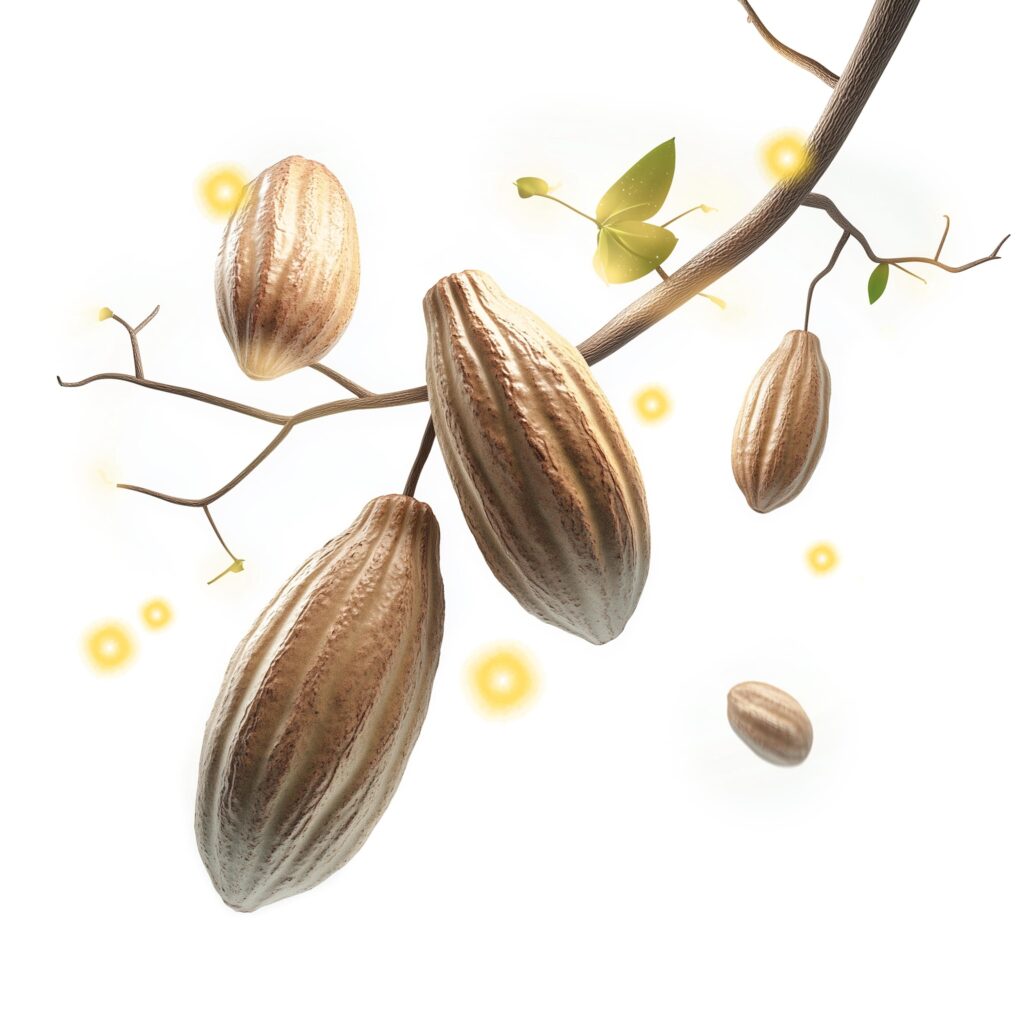
How does cell cultivation work?
We start by sourcing rare, high-quality cocoa bean varieties and select the best ones. Then we extract a small piece of tissue from a bean — like a biopsy — and grow the cells in a bioreactor. We feed the cell cultures natural ingredients like water, salt, and minerals. Over time, this produces a biomass, which we then harvest and process into cocoa or coffee mass.
How do chocolatiers respond to these new methods?
They’re very interested, though somewhat hesitant, as they’re unsure how to position themselves in the market. Our business model is B2B — we don’t make our own chocolate. Instead, we produce the base mass or couverture for established brands. We’re already working with three major, global chocolatiers: Felchlin and Lindt in Switzerland, and Puratos in Belgium. We’re also on the verge of partnerships with additional companies.
Where does Food Brewer stand in terms of its development as a company?
We’ve achieved something I’ve never seen before in all my years as a founder and investor. Two and a half years ago, we started with just one employee — now we have over 20. It’s an incredible success I never imagined. We’ve already generated one million euros in revenue, without selling directly to consumers. This success is based on collaborations and projects that use our technology and expertise.
How did you accomplish that?
I previously worked in a biotech company and have been an entrepreneur for over two decades. That experience helped us make the right decisions and operate efficiently. Our team is extremely diverse and international, giving us global perspectives and networks. Our location on the Horgen campus gives us room to grow and connects us with many nearby chocolatiers like Lindt, Läderach, and Felchlin.
What will the chocolate and coffee market look like in 2050?
It’s going to be a wild mix of cell cultures and alternatives — just like with today’s meat and dairy. Ultimately, it always comes down to one question: What’s the cost per kilo? Our nutrient solution costs just a few cents per liter; replacing plantations with labs eliminates a lot of logistical hurdles. Big companies will jump on this trend as soon as they see the financial benefits. Another vision for the future is that consumers will grow their own cocoa on their balconies — enabling them to produce sustainable, high-quality cocoa or coffee at home. The scalability in this market is enormous!
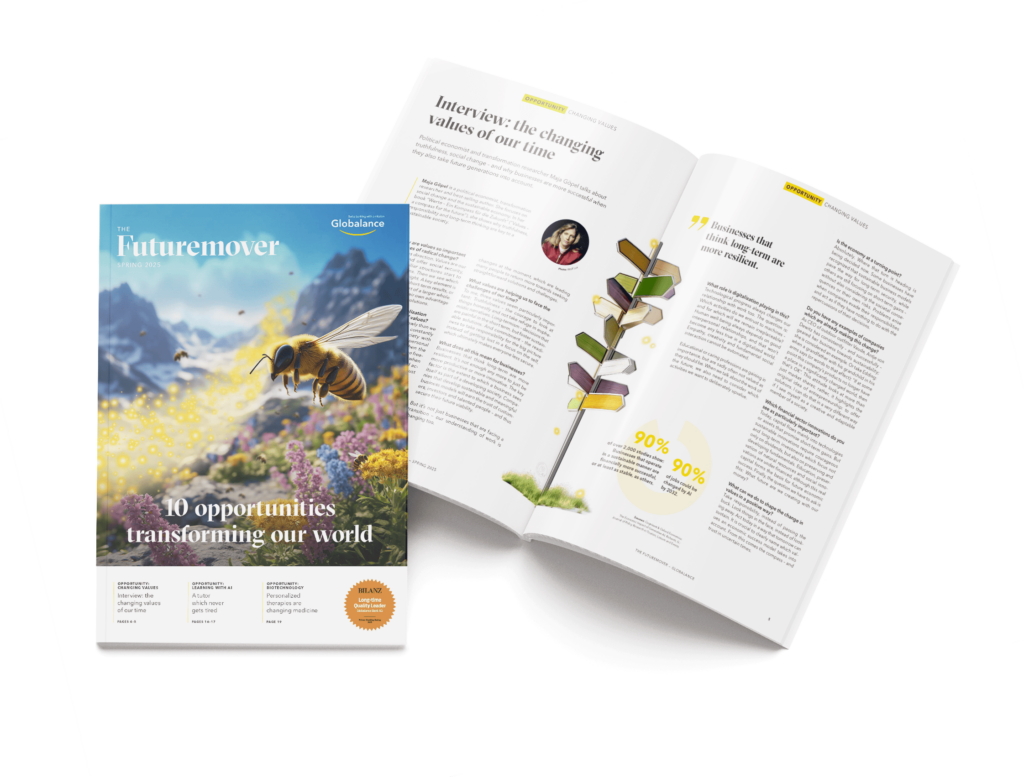
Discover the entire issue
Read more articles from our current issue: ‘10 opportunities
transforming our world’.
Be part of the solution and stay informed with the Futuremover.
Subscribe now and shape the future!
Magazin abonnieren EN
"*" indicates required fields
